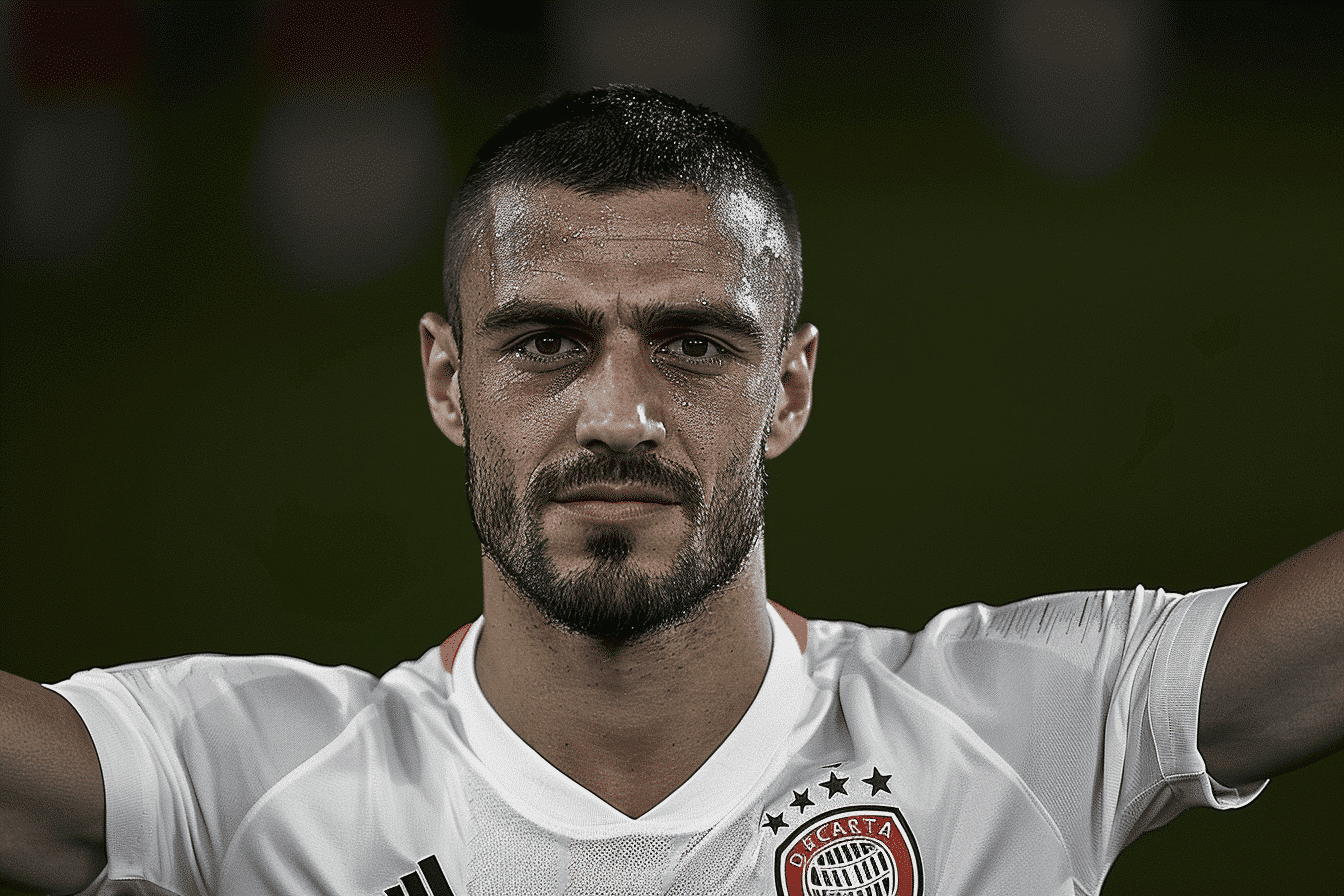The recent Euro 2024 match between Turkey and Austria has sparked controversy as Turkish defender Merih Demiral’s celebration drew sharp criticism and initiated a UEFA investigation. German Interior Minister Nancy Faeser condemned the gesture as a symbol of racism, intensifying the debate over the role of politics and identity in sports.
Controversial Celebration Sparks Outrage
In Turkey’s 2-1 victory over Austria in the Euro 2024 round of 16, Merih Demiral’s celebration became controversial. Scoring twice, Demiral celebrated by making the “wolf salute,” a gesture linked to the Turkish right-wing extremist group “Grey Wolves.” German Interior Minister Nancy Faeser took to X, formerly known as Twitter, to voice her disapproval, stating, “The symbols of Turkish right-wing extremists have no place in our stadiums.”
Condemnation from German Authorities
Faeser’s condemnation was firm and clear: “Using the European Football Championship as a platform for racism is completely unacceptable. We expect UEFA to investigate the case and consider sanctions.” The German government’s stance reflects its ongoing efforts to combat right-wing extremism, particularly from groups like the Grey Wolves, which are under surveillance in Germany.
UEFA’s Investigation and Response
Following the incident, UEFA announced an investigation into Demiral’s actions. In their official statement, UEFA detailed, “An investigation has been opened by Article 31(4) of the UEFA Disciplinary Regulations about the alleged inappropriate behavior of the Turkish Football Federation player, Merih Demiral.” This investigation highlights UEFA’s commitment to maintaining the integrity and inclusiveness of the sport.
Demiral’s Defense and National Pride
In response to the backlash, Demiral defended his actions, emphasizing national pride. “I had a certain specific celebration in mind. That’s what I did. It concerns the Turkish identity because I’m very proud to be a Turk,” Demiral stated. Instead, his celebration, intended as a demonstration of Turkish pride, ignited a broader discussion on the intersection of sports, politics, and identity.
Turkish Government’s Reaction
The Turkish government quickly responded to the controversy, condemning the investigation as politically motivated. The Turkish Foreign Ministry declared, “While the ‘grey wolf’ sign is not a banned symbol in Germany, the reactions shown to Mr. Demiral by the German authorities are itself xenophobia.” This statement underscores the Turkish perspective that the gesture is a historical and cultural symbol rather than a political statement.
Diplomatic Tensions and Future Implications
The incident escalated diplomatic tensions between Turkey and Germany, culminating in Turkey summoning Germany’s ambassador. As Turkey prepares to face the Netherlands in the quarterfinals, the spotlight remains on Demiral and the ongoing investigation. This controversy reminds us of the delicate balance between national pride and the universal values international sports organizations uphold.
The debate surrounding Merih Demiral’s celebration at Euro 2024 underscores the powerful influence of sports as a platform for political and cultural expression. As UEFA’s investigation progresses, the incident will likely continue to spark discussions on the boundaries of acceptable behavior in international competitions. The outcome of this investigation could set a precedent for how similar issues are addressed in the future, highlighting the need for sensitivity and inclusiveness in the world of sports.




